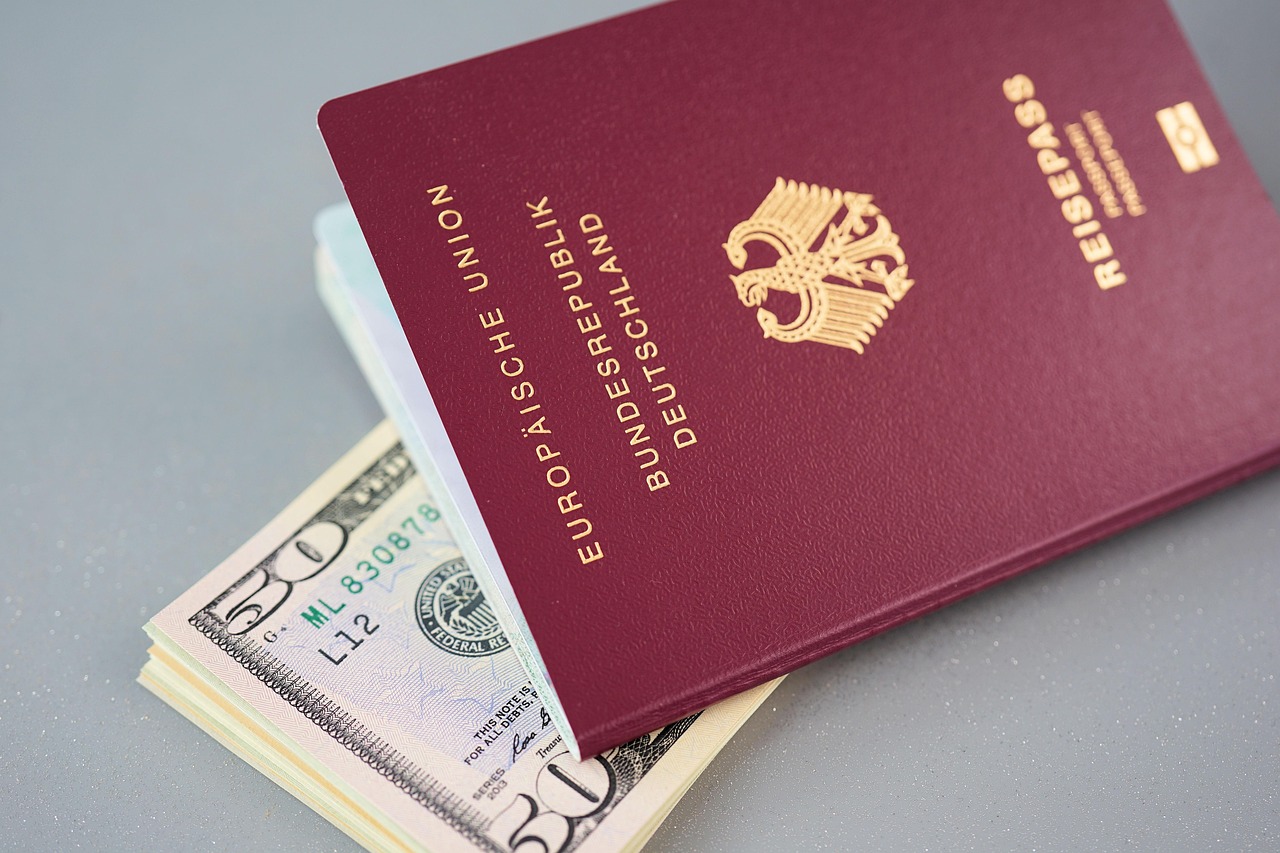Common Reasons for Citizenship Denial

Obtaining citizenship in a new country is a significant milestone for many individuals. It grants the right to vote, access to public benefits, and the security of permanent residency. However, the process of acquiring citizenship is rigorous, and not all applications are approved. Understanding the common reasons for citizenship denial can help applicants prepare thoroughly and avoid potential pitfalls. This article explores the most frequent reasons for citizenship denial, focusing on the United States, the United Kingdom, Canada, and Australia, while also providing general insights applicable to many countries.
1. Failure to Meet Residency Requirements
One of the most common reasons for citizenship denial is failing to meet the residency requirements. Most countries require applicants to have lived in the country for a specific period before applying for citizenship. For example:
- United States: Applicants must have been a permanent resident (green card holder) for at least 5 years (or 3 years if married to a U.S. citizen) and must have been physically present in the U.S. for at least half of that time.
- United Kingdom: Applicants must have lived in the UK for at least 5 years (or 3 years if married to a British citizen) and must not have spent more than 450 days outside the UK during that period.
- Canada: Applicants must have been physically present in Canada for at least 1,095 days (3 years) out of the last 5 years.
- Australia: Applicants must have lived in Australia for at least 4 years, including 12 months as a permanent resident.
Failing to meet these residency requirements, including excessive time spent abroad, can lead to citizenship denial.
2. Criminal Record
A criminal record is another significant factor that can result in citizenship denial. Countries conduct thorough background checks to ensure applicants meet good moral character requirements. Common issues include:
- Convictions for Serious Crimes: Crimes such as fraud, drug trafficking, or violent offenses can lead to automatic denial.
- Pending Criminal Charges: Applicants with unresolved criminal charges may be denied until the case is resolved.
- Minor Offenses: Even minor offenses, such as DUIs or petty theft, can raise red flags and lead to denial, depending on the country’s policies.
For example, in the United States, applicants must demonstrate good moral character for the statutory period (usually 5 years). Any criminal activity during this period can jeopardize the application.
3. Immigration Violations
Violations of immigration laws can also lead to citizenship denial. Examples include:
- Overstaying a Visa: Remaining in a country beyond the authorized period can negatively impact a citizenship application.
- Working Without Authorization: Engaging in employment without the proper work visa or permit is a serious violation.
- Providing False Information: Misrepresenting facts or providing fraudulent documents during the immigration process can result in denial and even deportation.
In the United Kingdom, for instance, applicants must have a clean immigration history, and any breaches of immigration rules can lead to refusal.
4. Failure to Pass Language or Citizenship Tests
Many countries require applicants to demonstrate proficiency in the national language and pass a citizenship test. For example:
- United States: Applicants must pass an English language test and a civics test covering U.S. history and government.
- United Kingdom: Applicants must pass the Life in the UK Test, which assesses knowledge of British culture, history, and values.
- Canada: Applicants must demonstrate proficiency in English or French and pass a citizenship test.
- Australia: Applicants may be required to pass an English language test and demonstrate an understanding of Australian values.
Failure to meet these requirements can result in citizenship denial.
5. Financial Instability
Some countries assess an applicant’s financial stability to ensure they will not become a burden on public resources. For example:
- United States: Applicants must demonstrate they can support themselves financially and are not likely to rely on public benefits.
- United Kingdom: Sponsors of family visas must meet minimum income thresholds to prove they can support their dependents.
Applicants who fail to meet these financial requirements may be denied citizenship.
6. Incomplete or Incorrect Applications
Submitting an incomplete or incorrect application is a common but avoidable reason for citizenship denial. Mistakes such as missing documents, unsigned forms, or incorrect information can delay or derail the application process. It is crucial to carefully review all requirements and double-check the application before submission.
7. Security Concerns
National security is a top priority for most countries. Applicants may be denied citizenship if they are deemed a threat to national security. This includes:
- Terrorism Links: Any association with terrorist organizations or activities.
- Espionage: Involvement in espionage or activities that threaten national security.
- Human Rights Violations: A history of human rights abuses or war crimes.
8. Dual Citizenship Restrictions
Some countries do not allow dual citizenship, meaning applicants must renounce their original citizenship to become citizens of the new country. Failure to comply with this requirement can lead to denial. For example:
- Germany: Until recently, Germany did not allow dual citizenship except in specific cases.
- India: India does not permit dual citizenship, and applicants must surrender their Indian passport to acquire another nationality.
9. Health-Related Issues
In some countries, applicants may be denied citizenship if they have certain health conditions that could pose a public health risk or burden the healthcare system. For example:
- Tuberculosis (TB): Many countries require TB testing and may deny citizenship to applicants with active TB.
- Other Communicable Diseases: Conditions such as HIV or hepatitis may also impact the application, depending on the country’s policies.
10. Political or Administrative Changes
Changes in government policies or administrative procedures can also affect citizenship applications. For example:
- Policy Shifts: A new government may introduce stricter immigration policies, leading to increased denials.
- Backlogs: Administrative delays or backlogs can result in applications being denied due to missed deadlines or expired documents.
How to Avoid Citizenship Denial
To improve the chances of a successful citizenship application, consider the following tips:
- Understand the Requirements: Thoroughly research the eligibility criteria for citizenship in your desired country.
- Maintain a Clean Record: Avoid criminal activity and comply with all immigration laws.
- Prepare for Tests: Study for language and citizenship tests well in advance.
- Seek Professional Help: Consult an immigration lawyer or expert to guide you through the process.
- Submit a Complete Application: Double-check all forms and documents to ensure accuracy and completeness.



